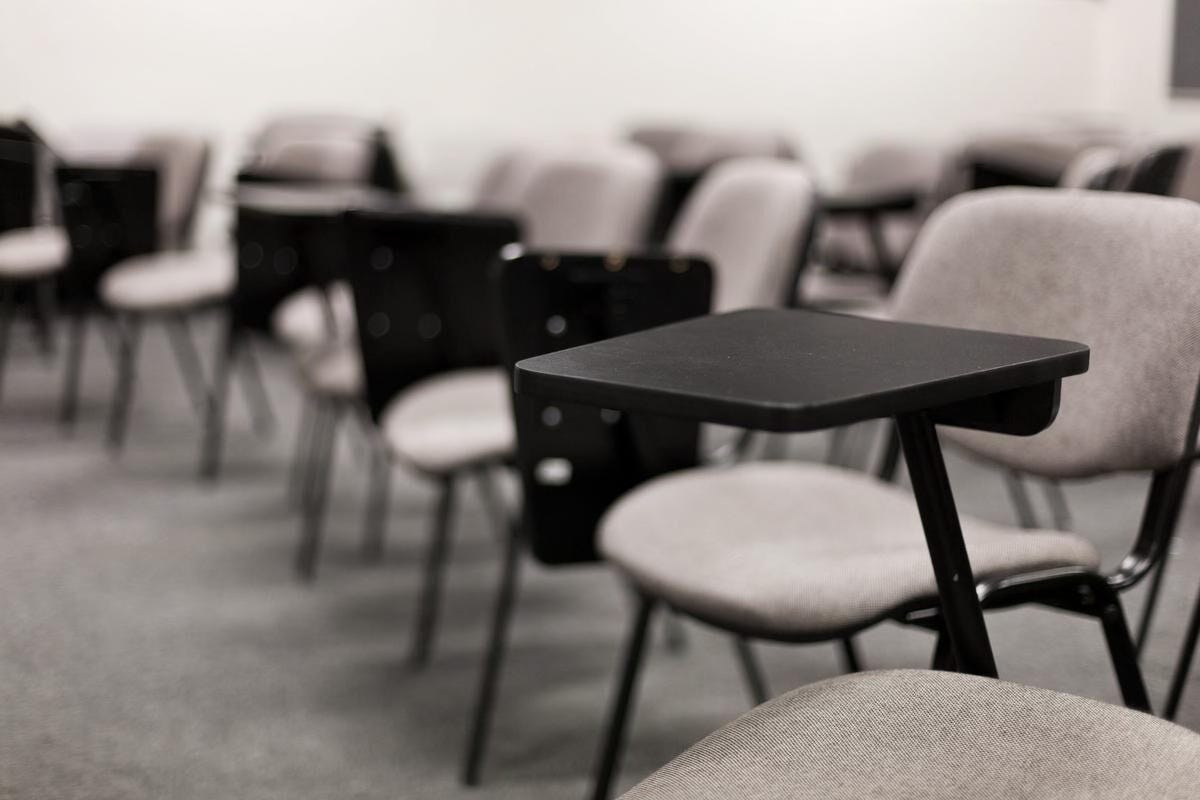Three Things You Should Know About Canada's New International Student Rules
The Government of Canada recently announced new changes to its International Study Program. Here are the top three things you should know.
Last month, the department of Immigration, Refugees, and Citizenship Canada (IRCC) announced that a series of sudden regulatory changes to Canada’s international student program would take effect — immediately.
**Pictured Federal Immigration Minister, Marc Miller.
Broadly speaking these rules set new compliance requirements for post-secondary institutions and students, focused on 3 key areas:
Suspension of study permit processing for non-compliant institutions;
Requirement for international students wishing to transfer institutions to apply for a new study permit;
Expansion of off-campus work hours to 24 hours per week.
Let’s dig into the top 3 things you should know about these policy changes.
**Pictured: University of Calgary. The institution has since reported a $11 million dollar loss in revenues as a result of changing international student rules. Source: CBC News, 2024.
1) Stricter Reporting Requirements for All Institutions
According to the new rules, institutions must submit a report to IRCC twice a year — indicating whether each study permit holder connected to their school has remain enrolled.
Those who are no longer enrolled are to be investigated and may be prosecuted for “breaking their study permit conditions”.
What does this mean? IRCC is taking a more central role in oversight and policing of Designated Learning Institutions (DLIs). In effect, IRCC can now punish institutions for not following its rules.
Why is this significant? Traditionally, education is under the provincial or territorial jurisdiction in Canada, with some overlap depending on the subject, such as research funding, mental health, data collection, and of course — immigration.
But with this new regulation, IRCC is fully in the driver’s seat.
As you’ll recall from earlier changes, IRCC now issues a certain allotment of study permits to each province, who then distribute permits amongst their public institutions.
IRCC also requires that each international student earn a provincial attestation letter (PAL) from their province of study, a further tool to ensure compliance to its rules.
**The federal government has recently created a list of the top 10 non-compliant post-secondary institutions, including 3 public institutions (eg Laurentian University, Cape Breton University) and 7 private institutions (eg Flair College, Evergreen College). Expect to see this list shift in the coming year. Source: Toronto Star, 2024
2) IRCC Can Now Punish Non-Compliant Institutions
The second key takeaway is that this new announcement empowers IRCC to suspend study permit processing “for a maximum period of 12 months” — for non-compliant institutions.
Too many students no longer enrolled at your institution? Suspension of all study permits.
Not reporting enrolment rates every 6 months? Suspension.
Errors in reporting? Suspension.
Whether you like it or not, the Federal Immigration Minister holds significant sway over provincial immigration. You could call them a Federal Education Minister. Almost.
Credit: CIC News, 2024.
3) Students Can Now Work 4 More Hours Per Week
This announcement has been long in the making, and stretches back to a decision made in 2022 by the previous Federal Immigration Minister, Sean Fraser, to temporarily freeze the cap on off-campus working hours.
Back then, the federal government was all but crying for international students to help rescue Canada’s struggling labour sectors. And they did. In the 2022/23 academic year, international student enrolments jumped 16%.
But flash forward to 2023 inflation spike, growing housing costs, and rampant affordability challenges, and the federal government started to blame international students.
This period came to an end earlier this year, on April 30, when Minister Miller announced that the temporary freeze would end, and be replaced by a new 24 hours per week cap on off-campus work hours.
According to Abacus Data, 3 in 4 international students worked over the past year, filling critical work sectors including: healthcare and education, retail, and technology.
While this policy presents 4 hour increase in the number of hours an international student can work off-campus, it likely won’t amount to much of a difference for students.
**Pictured: Federal Immigration Minister, Marc Miller. Credit: CBC News, 2024.
More Changes To Come
Testifying before a Parliamentary committee last week, Minister Miller has hinted that there will be new announcements in the coming weeks.
As the federal government continues to react to growing anti-immigration public pressure, expect more chaos in the following weeks.
Make sure to follow to keep up to date with the latest breakdowns!










